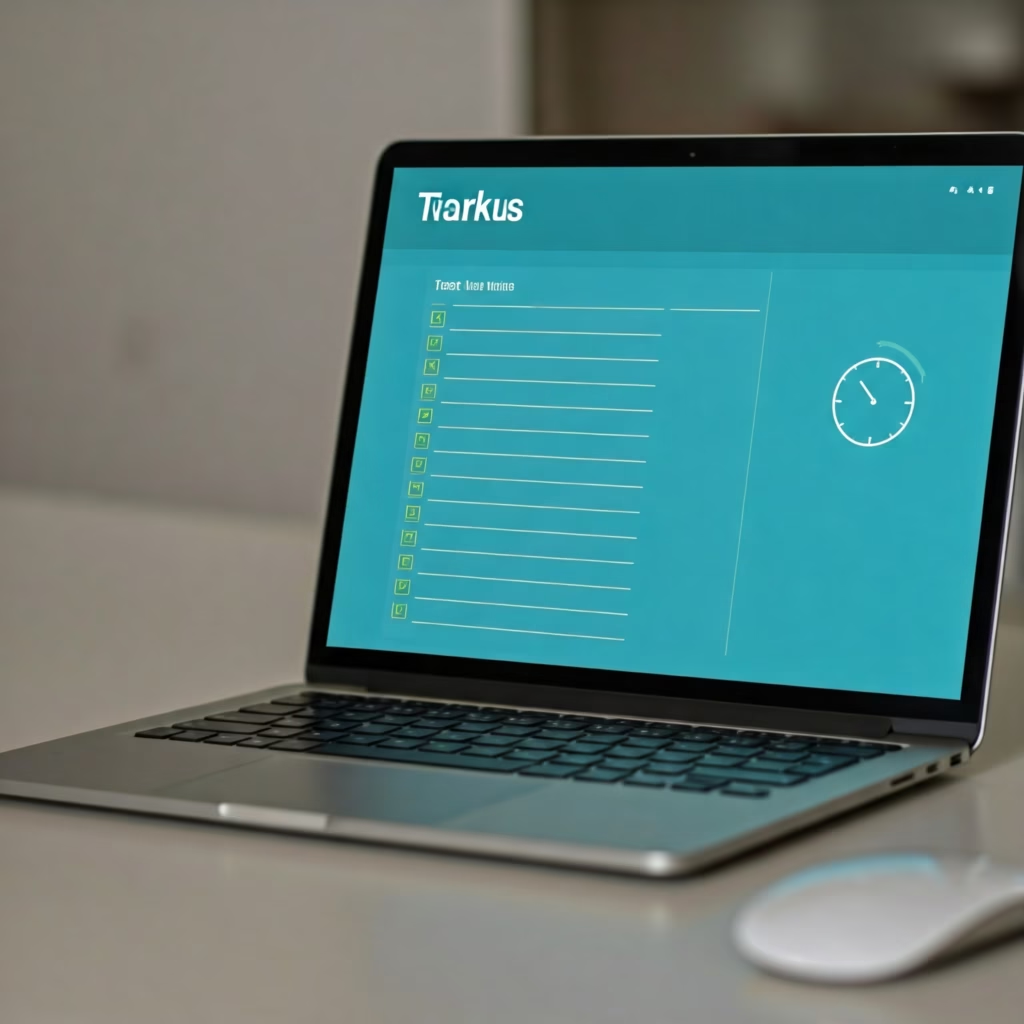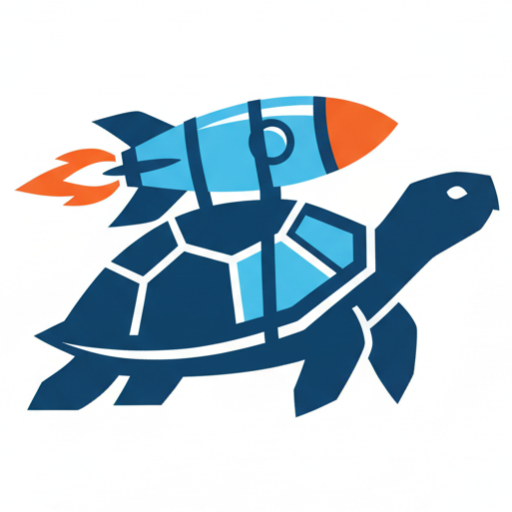When we hear “work smarter, not harder,” it’s easy to dismiss it as another empty phrase designed to make us feel good about not grinding through endless hours of labor. But after years of learning the hard way, I’ve come to realize that this saying holds a lot of truth—when done the right way.
It’s not about cutting corners or avoiding work; it’s about efficiency and creating systems that work for you, not the other way around. The mindset shift we need isn’t just about doing less work—it’s about doing better work. As someone who’s had my share of long hours and frustration, I know how easy it is to fall into the trap of thinking that working non-stop equals success. But, just like a car that’s been overworked without proper maintenance, you’ll burn out—and it’s not the path to long-term productivity.

1. Understand the Balance: Hard Work vs. Smart Work
Growing up, we were taught that working long hours and pushing ourselves to the limit was the key to success. But here’s the reality: working longer doesn’t necessarily mean working better. Think of it like an engine. A well-maintained engine runs efficiently and lasts longer. A worn-out engine, on the other hand, struggles even when pushed to its limits.
In my own life, I’ve learned the hard way that it’s not just about brute force; it’s about how you approach the task. In my early years as a father and professional, I tried doing everything myself—multitasking to the point of exhaustion. But over time, I realized that working smarter meant leveraging tools, systems, and prioritization to get the job done effectively.
Practical Tip: Don’t just push harder. Take a step back, assess your process, and see if there’s a smarter way to do it. This might mean using a productivity tool, automating repetitive tasks, or simply recognizing that not everything needs to be done immediately.
2. The Pomodoro Technique: Find Your Flow, Then Rest
I used to code for hours, glued to my screen, thinking that if I kept working through every issue, I’d finally reach a breakthrough. But what I found was that working non-stop didn’t lead to quicker solutions. In fact, it often slowed me down. So, I adapted.
The Pomodoro Technique is something I started applying. It’s simple: work in short bursts, followed by short breaks. I’d dive into reading knowledgebases, checking Stack Overflow, or doing Google searches for solutions to issues. I’d focus on reading first, then take a short break before diving into the code. And here’s the kicker: I often had my best ideas during those breaks, like when I was walking around or grabbing a coffee.
Sometimes, I’d even have a breakthrough while in the shower—still covered in shampoo, running to my desk to write down the solution! Those moments of clarity came because I gave myself permission to rest, even when the problem seemed urgent.
Practical Tip: Use bursts of intense focus, followed by breaks. Let your mind recharge, and you might find solutions in the unlikeliest of places—like a bathroom break or your morning walk.
Here’s The Role of AI in Shaping Modern Work and Wellness and how it can help you find balance.
3. The 80/20 Rule: Balance Play and Work for Greater Results
Here’s a principle that truly works: the 80/20 Rule. You might recognize it from Six Sigma courses or just common sense. It’s simple: 80% of your results come from 20% of your efforts. But here’s the catch: this isn’t about doing more; it’s about doing the right things.
For me, I embody this principle by focusing 80% of my time on enjoyment—gaming, relaxing, and having fun—and 20% on work. You might think it’s counterintuitive, but this balance actually helps me perform better. When you give yourself space to unwind, you return to work with a clearer mind and more energy. I’ve found that the pressure of wanting to finish quickly to get to the fun parts pushes me to work faster and smarter.
Practical Tip: Prioritize your work, but don’t forget to enjoy your life. Play hard, rest hard, and give your brain time to recharge so you can perform even better when you need to.
Unlocking the Power of Time Management: Top Strategies for Maximum Productivity is a great read, make sure to check it out!
Know Why Gaming is a Necessity for QA Teams: A Fresh Perspective on Collaboration and Growth and not just specifically for QA teams but for everyone.
4. Slow Down to Speed Up: The Power of Mental Breaks
One of the most powerful insights I’ve had is that the brain functions better when it’s fresh. It’s like an engine that’s just been tuned versus one that’s been running without rest for days. We don’t give our brains enough credit for needing downtime.
That’s why I always build in mental breaks throughout my day. Whether it’s walking around, doing stretches, or just staring out into the sky, these breaks allow my mind to reset and work at its full potential when I return to the task at hand.
Practical Tip: Schedule your breaks. A few minutes to recharge every hour can improve your focus and creativity. The time you “lose” in breaks will more than pay off in productivity.
5. Smart Work Isn’t Just About Tools—It’s About Mindset
I’ve said it before, but it bears repeating: working hard doesn’t always mean it’s effective. As a father and mentor, I’ve seen the mistakes people make when they equate hard work with success. It’s not just about the hours you put in; it’s about how you approach your work. And this mindset shift is key.
Many people, especially younger folks, believe that endless hard work and sleepless nights will get them ahead. But in my experience, true success comes when you work smarter, prioritize the most important tasks, and balance hard work with moments of rest.
Practical Tip: Teach yourself to evaluate if your efforts are truly productive or if you’re just busy being busy. The more you focus on what truly moves the needle, the more you can achieve without burning out.
You may want to read on How to Cultivate a Growth Mindset for Personal and Professional Success.
Conclusion: The Smarter Path to Success
It’s not about rejecting hard work—it’s about working smarter. Use tools, embrace breaks, find the right balance, and always, always focus on the long-term journey. The principles I’ve shared aren’t just about productivity; they’re about living a sustainable, fulfilling life where you work hard, but also rest and enjoy the ride.
These principles are rooted in experience, not theory. They’re the same principles I’d teach my kids, guiding them to understand that hard work isn’t about grinding endlessly; it’s about working efficiently, having balance, and setting yourself up for long-term success.
And hey, as a father would tell his kids: life’s too short to burn out. So, work smart, not hard—and remember, you’re in charge of your own success.
A healthy mind is a healthy body find a Mind-Body Balance: Nurturing Health Through Harmony.
Final Thoughts
Breaking free from the mindset of “hard work equals productivity” isn’t easy, but it’s a shift that can make a huge difference. I’ve seen firsthand how misguided ideas about success can lead people down the wrong path. For example, someone once believed that working non-stop, sacrificing sleep, and taking on multiple low-paying jobs was the key to success. They were so focused on what they saw in the media, thinking that CEOs and successful people work tirelessly without breaks, that they didn’t realize that true productivity comes from balance and smart work.
In reality, even as a sole proprietor or business owner, the key isn’t about doing every job yourself—it’s about using the right tools, delegating where possible, and focusing on what truly matters. Sure, the responsibility falls on you, but that doesn’t mean you need to do it all at once, in the most exhausting and inefficient way.
The more you level up in your career or business, the less you’ll actually be working in terms of time spent. The higher you rise, the more strategic your decisions become. Every decision you make can either be a make-or-break moment, which is why people in higher positions earn more. It’s not about working harder—it’s about making smarter decisions that steer the ship in the right direction.
Sometimes, learning the hard way can be the most valuable lesson. But remember this: working smarter, not harder, is what will set you up for long-term success. With the right mindset, tools, and strategies, you can accomplish more without burning out. So take a step back, rethink your approach, and start working smarter today. The results will follow.

